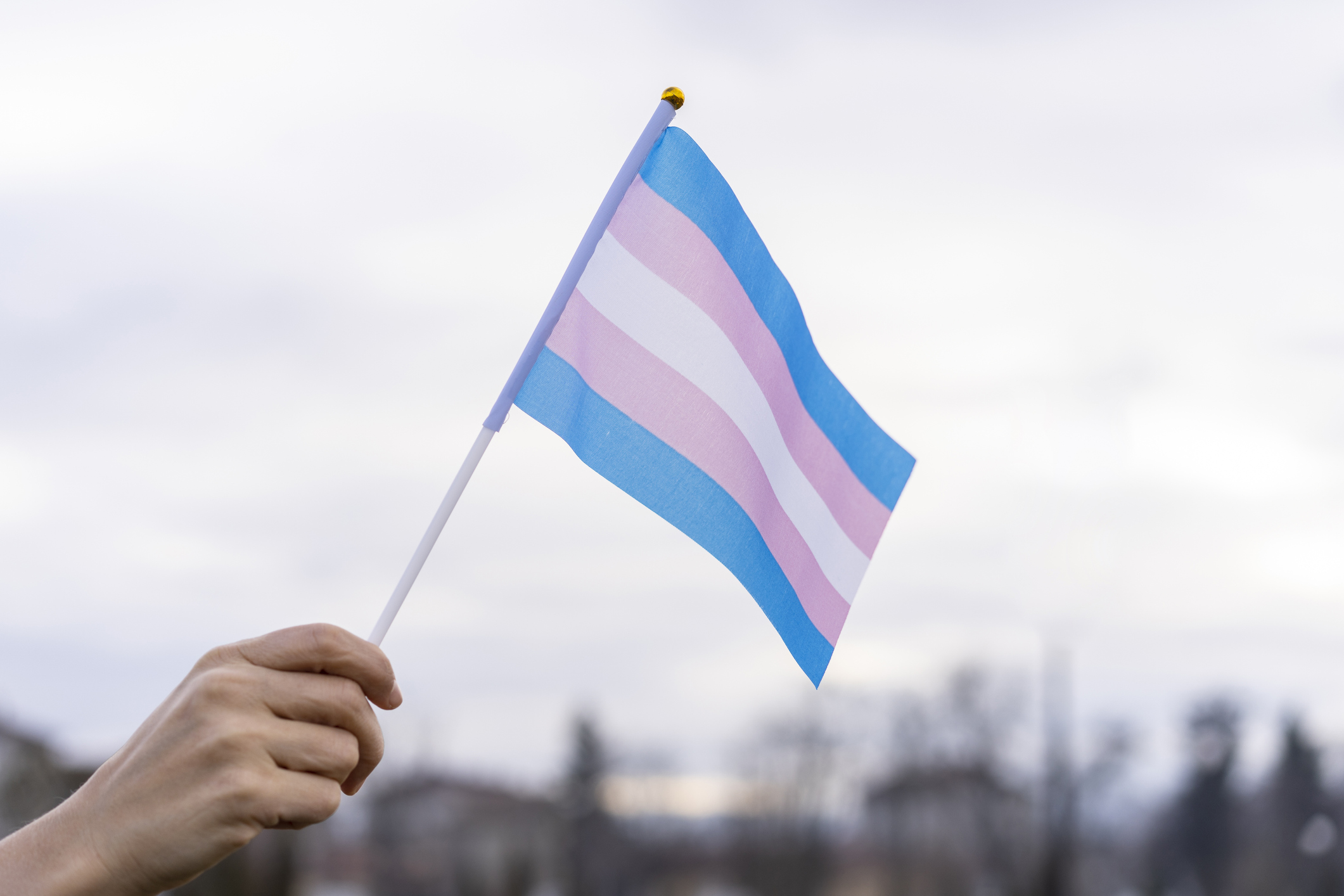Opinion: Maryland Legislators can take bold action to protect our transgender community

By Margo Quinlan
The writer is a mom, an organizer, a trans woman, and the director of Youth & Older Adult Policy at the Mental Health Association of Maryland. She is a co-convener of the Trans Rights Advocacy Coalition.
There is a public health crisis being forced upon the transgender community — and lack of access to life-saving health care for transgender Marylanders is one of the biggest barriers we face. Passing the 2023 Trans Health Equity Act (House Bill 283 sponsored by Del. Anne Kaiser with 56 cosponsors and Senate Bill 460 sponsored by Sen. Mary Washington with 12 cosponsors) is a critical step towards correcting this injustice.
Maryland’s transgender community, like many transgender communities across the nation, is in a particularly vulnerable place. Widespread discrimination and harassment, victimization, criminalization, and lack of access to resources and care, all leave trans Marylanders with alarmingly high rates of homelessness, joblessness, mental health and substance use challenges, and more. Most alarmingly, more than half of all transgender and nonbinary youth report seriously considering suicide at some point in their lives, primarily due to the impacts of this discrimination.
Under the Affordable Care Act, state Medicaid plans are required to cover gender-affirming health care for low-income trans residents. Maryland’s Medicaid plan, however, prohibits access to dozens of these medically necessary interventions for trans health care — creating an inequitable, tiered system of care where those with private insurance or enough money to pay out of pocket can access care, and those who are poorest are being left behind.
Gender-affirming care treats gender dysphoria, the clinically significant pain and distress caused by incongruence between one’s body or experiences and their internal gender, as defined in medical literature. The federal government has named gender-affirming care as an “essential health benefit” protected under Section 1557 of the Affordable Care Act, and every major medical association (including the American Medical Association, the American Psychiatric Association, and the American Academy of Pediatrics) recognize this care as a clinical best practice.
Without this medically necessary health care, we will continue to lose transgender Marylanders — we will continue to suffer from discrimination, abuse, harassment, and deleterious health impacts. All of this is compounded for Black trans residents who face instances of violence, harassment and discrimination at rates significantly higher than their white counterparts. This is unconscionable. Access to this care has been shown to have a nearly 75% drop in suicidal ideation and a 60% drop in depression, significant decreases in harassment and violence against transgender people, and an overall reduction in housing and employment discrimination.
For Tamar Jones with Baltimore Safe Haven, a member of our coalition to expand care, access to trans health care went hand in hand with getting back on her feet. She was suffering from active addiction, experiencing homelessness and incarceration, and forced to do survival sex work to make ends meet. She made contact with the Health Care for the Homeless mobile van, which helped connect her to gender-affirming care. She was able to get on hormone replacement therapy, begin to take care of her diabetes, and eventually access stable housing. She now has a girlfriend, is an active member of the community, and is working to start a non-profit to help other people who have been where she was. “I wouldn’t have known about hormone therapy if I wasn’t in LGTBQ spaces. My dream now is to help other trans people, and to help everyone I can.”
The Maryland General Assembly now has the opportunity to lead by rewriting these outdated and discriminatory policies, and to truly support low-income trans Marylanders. At a time where trans health care is being vilified and criminalized in statehouses across the country, many of us in the community here are feeling left behind by Maryland’s current exclusions for our life saving health care. With Governor Moore’s leadership, we believe that now is the time to pass the historic Trans Health Equity Act, and reassert Maryland’s place as a leader in protecting our most vulnerable communities.




 Creative Commons Attribution
Creative Commons Attribution